Red wine and grape juice, both derived from the luscious fruit of the vine, have long been celebrated for their health benefits and delightful taste. But beyond their shared origins, these two beverages take vastly different paths towards our glasses.
While red wine is often associated with sophistication and enjoyment in moderation, grape juice offers a guilt-free alternative suitable for all ages. As we uncork the debate between these two contenders, let us delve into their unique properties to uncover which elixir reigns supreme: red wine or grape juice?
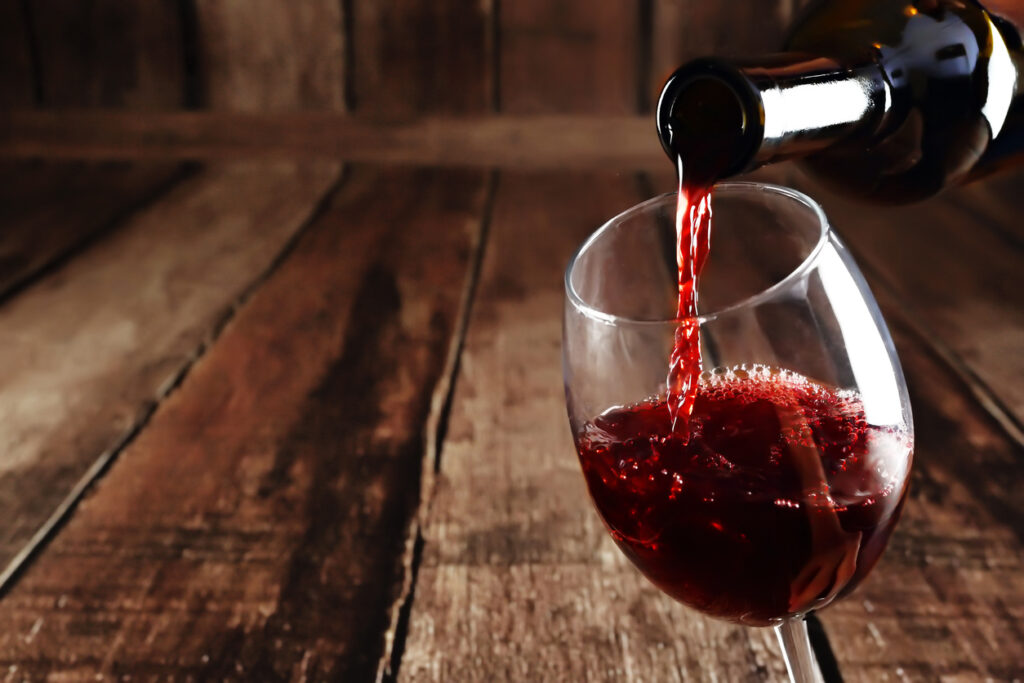
Understanding red wine
Red wine, a timeless elixir that has captivated hearts and palates for centuries. It is not merely a beverage; it is an art form in itself, crafted by skilled hands and nurtured by nature’s bounty. But what truly sets red wine apart? It all lies in the deep crimson hues that dance in the glass, evoking feelings of sophistication and charm. Each sip reveals a symphony of flavors – the boldness of blackberries, the velvety richness of cherries, or perhaps the subtle hint of earthiness found in aged vintages.
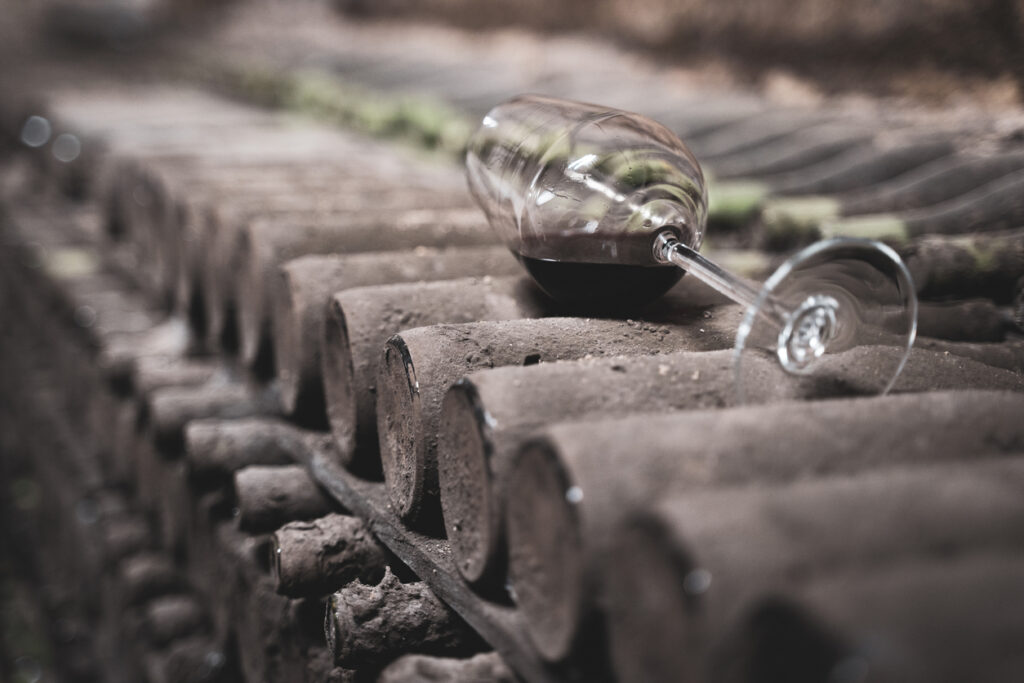
Beyond its aesthetic appeal and intricate flavors, red wine holds secrets to both health and history. Studies have shown that moderate consumption may benefit cardiovascular health due to its high antioxidant content, namely resveratrol. This compound not only lends red wine its distinct flavor but also possesses potential anti-inflammatory properties. Furthermore, when exploring the annals of time, one discovers red wine’s prominent role throughout history – from religious ceremonies to royal celebrations. It has become an emblem of culture and tradition across diverse societies.
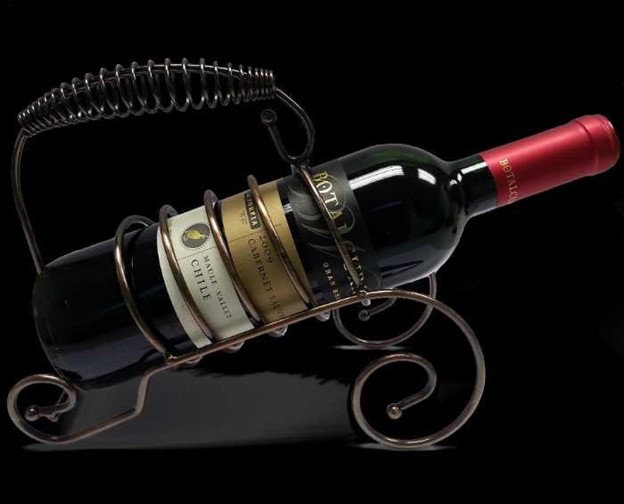
In a world often characterized by fast-paced living, opening a bottle of red wine can transport us to simpler times where moments are savored slowly with loved ones or cherished alone as we unwind from life’s demands. Whether it be exploring different grape varieties or understanding each region’s unique characteristics, every glass offers an opportunity for discovery and adventure.
Understanding grape juice
Grape juice, often touted for its health benefits and refreshing taste, is much more than just a beverage. Made from the pressing of grapes, it offers a unique blend of flavors that can vary depending on the grape variety and the winemaking techniques used. While most people associate grape juice with childhood memories or Sunday brunches, there is a world of complexity and depth to this seemingly simple drink.
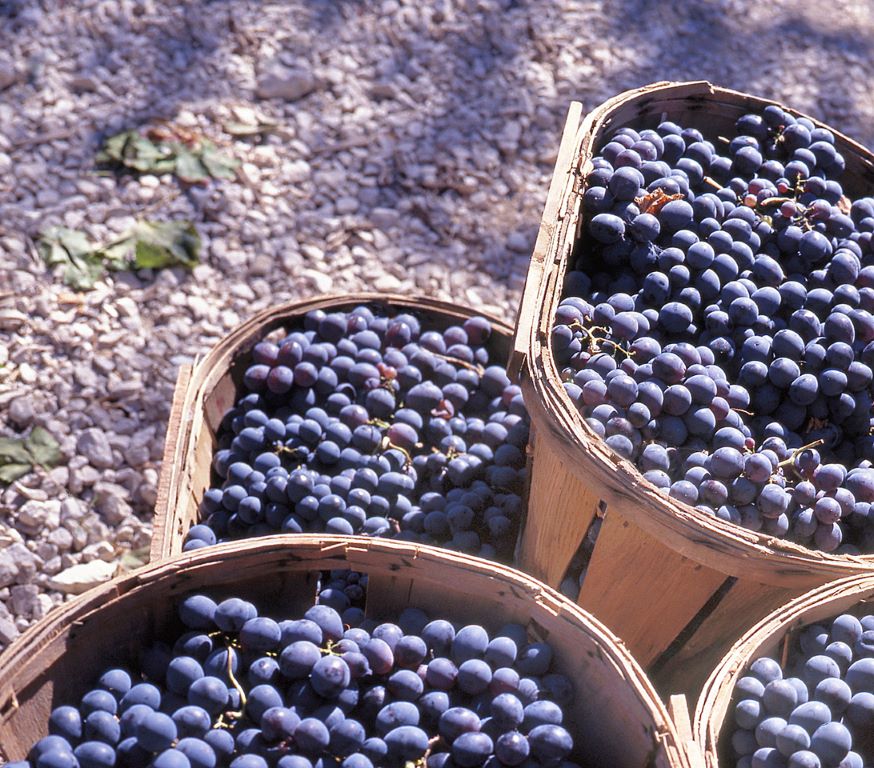
Beyond its delicious taste, grape juice possesses a wealth of nutrients that make it an excellent addition to any diet. Packed with antioxidants like resveratrol and flavonoids, it has been linked to benefits such as improved heart health and reduced inflammation. Additionally, research suggests that certain compounds in grape juice may even have anti-aging effects on the brain.

Not only does grape juice offer numerous health advantages, but it also serves as an important component of many cultures around the world. From Italian vineyards producing full-bodied wines to Moroccan traditions involving grape harvesting and pressing for natural juicing methods, grapes have long held significant cultural value. The process behind turning grapes into juice differs across regions and vineyards globally, each adding their own unique touch to this age-old craft.
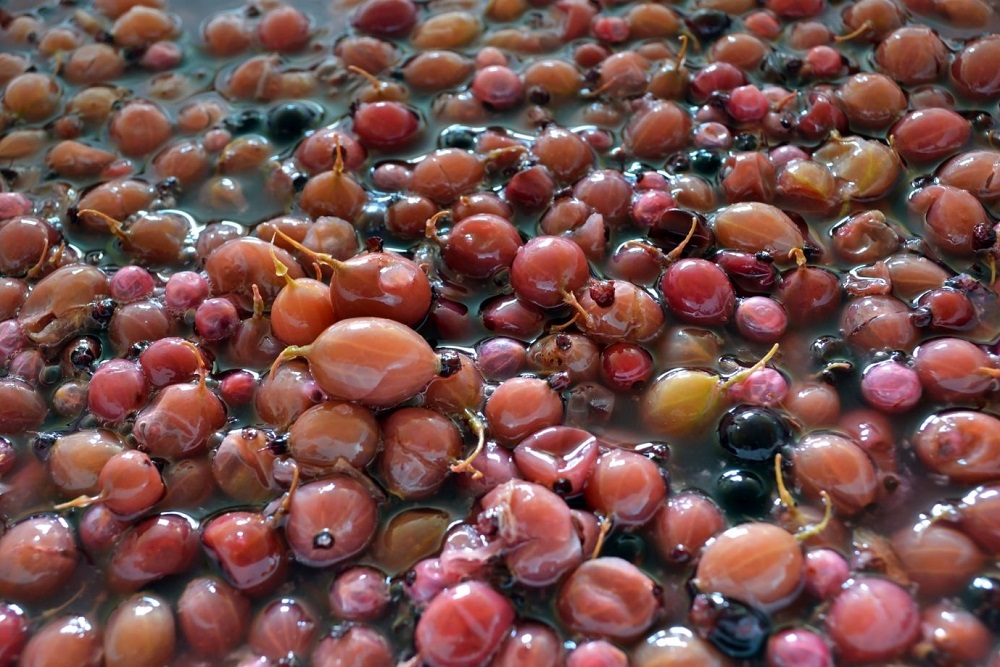
In conclusion, what may initially seem like a simple glass of fruit juice unfolds into a complex story upon closer examination. Grape juice not only tantalizes taste buds but also offers an array of health benefits while embodying traditions from various corners of the globe.
Difference between red wine vs grape juice
Red wine and grape juice may seem like similar beverages, both made from the same fruit. However, there are significant differences between the two that go beyond their taste and color. One of the main distinctions lies in the fermentation process. Red wine is created when crushed grapes are fermented with yeast, allowing sugars to convert into alcohol. On the other hand, grape juice is produced by extracting the juice from grapes without undergoing any fermentation.
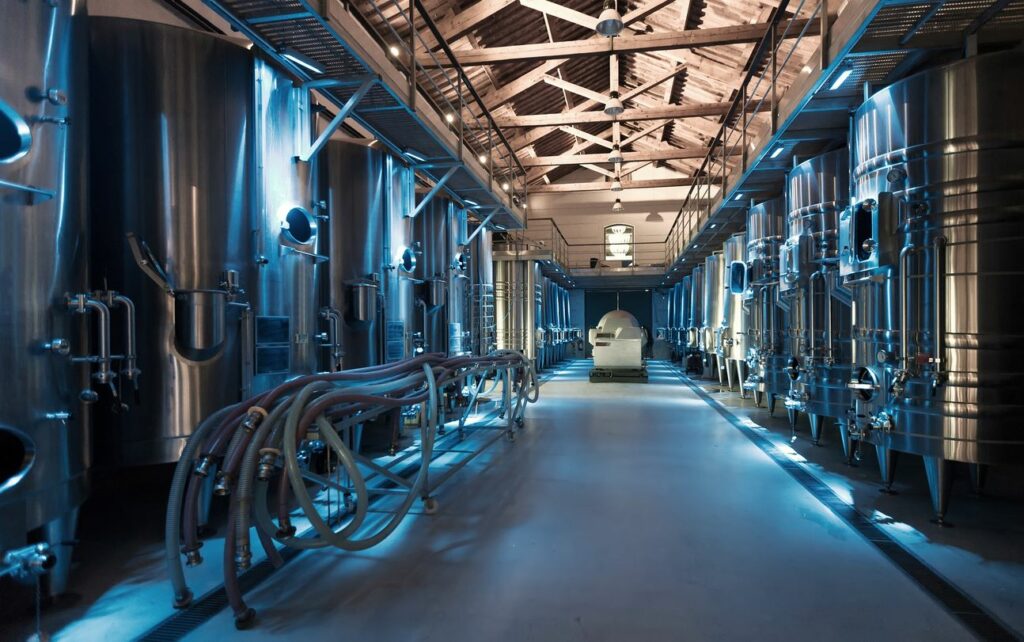
Another noteworthy difference lies in their health benefits. Red wine has long been associated with heart health due to its high content of antioxidants, particularly resveratrol. Resveratrol has been linked to reducing inflammation and blood clotting, as well as improving cholesterol levels. Grape juice also contains antioxidants but in lower concentrations than red wine since it does not undergo fermentation. Nonetheless, grape juice can still provide some health benefits. It can boost immune function and support digestion due to its natural vitamins and minerals.
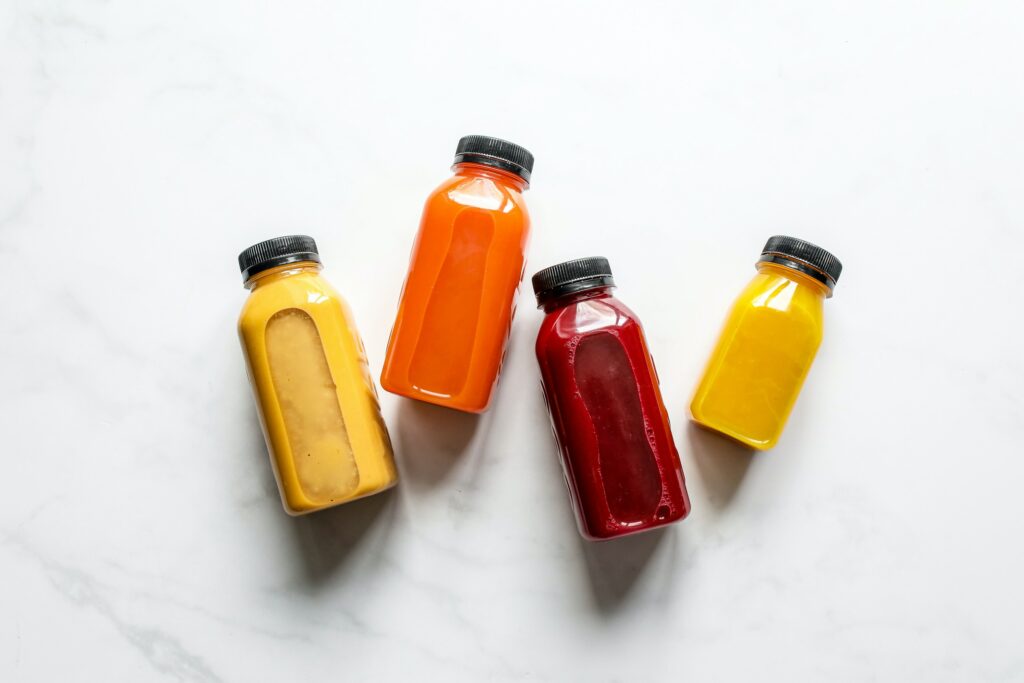
While red wine and grape juice share some similarities as products derived from grapes, these differences ultimately set them apart in terms of production process and health benefits.
What has more antioxidants red wine vs grape juice?
While both red wine and grape juice offer health benefits, it is the antioxidants that truly set them apart. Antioxidants help fight off harmful free radicals in the body. In turn this can prevent various diseases and promote overall well-being. When it comes to antioxidant content, however, red wine takes the upper hand. It contains a powerful antioxidant called resveratrol. It has been linked to numerous health benefits such as reducing inflammation and improving heart health.
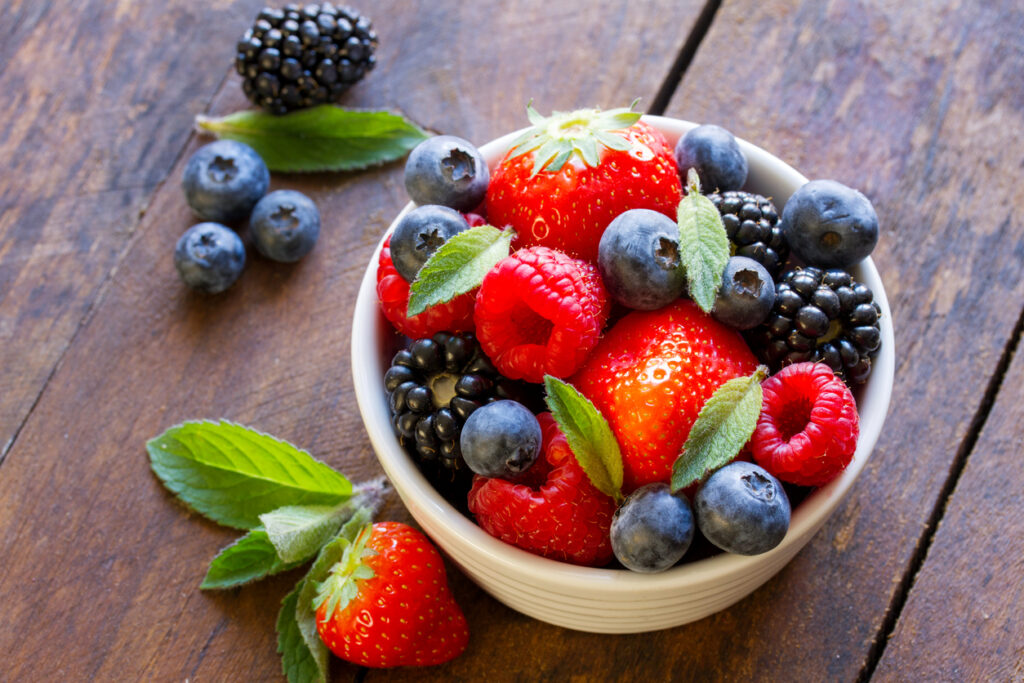
On the other hand, grape juice also contains antioxidants but in smaller quantities compared to red wine. The process of fermenting grapes to make red wine actually increases the concentration of these antioxidants significantly. This means that indulging in a glass of red wine could potentially provide more significant antioxidant benefits than simply sipping on some grape juice. However, it’s worth noting that excessive consumption of alcohol is never recommended for optimal health. Moderation is key when enjoying your favorite glass of vino.

In conclusion, both red wine and grape juice contain valuable antioxidants that can benefit your health. Red wine takes the lead due to its higher resveratrol content. That being said, remember that drinking alcohol should always be done with caution and within moderate limits. If you prefer not to consume alcohol or are concerned about potential negative effects on your health. Opt for a high-quality grape juice! This could still provide you with some antioxidant goodness without any alcoholic repercussions!
What has more calories red wine vs grape juice?
When it comes to comparing the calorie content of red wine versus grape juice, the answer may surprise you. While both these beverages are derived from grapes, they go through different processes that result in varying nutritional profiles. Typically, a 5-ounce serving of red wine contains around 125 calories. The same amount of grape juice can contain as much as 150 calories.
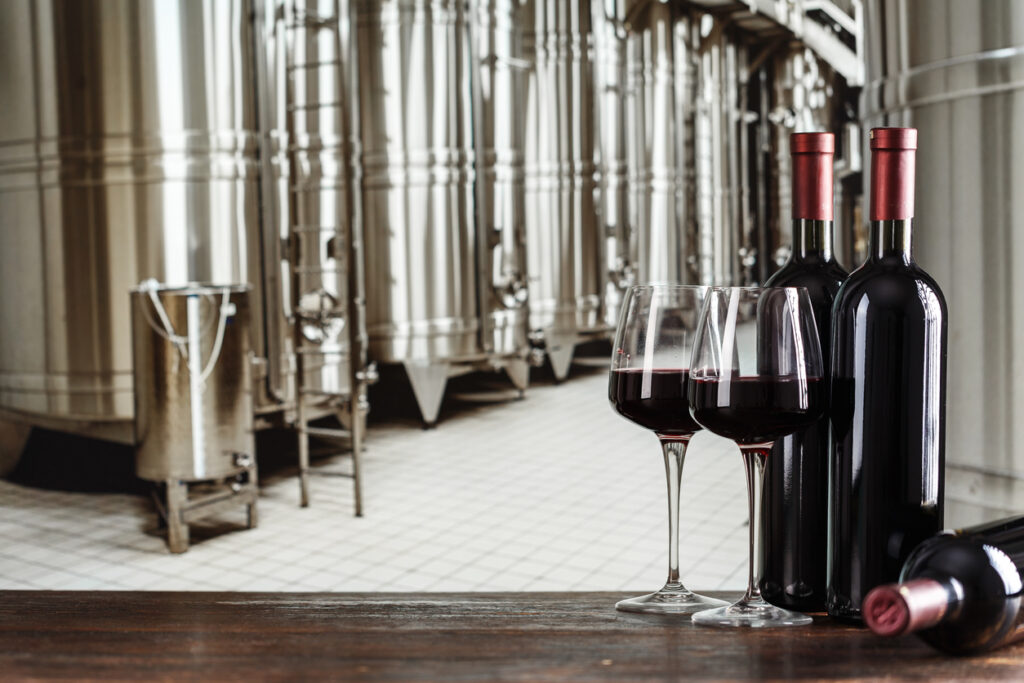
The higher calorie content in grape juice is mainly due to its lack of alcohol and the additional natural sugars present in the drink. On the other hand, red wine’s fermentation process reduces its sugar content and increases the alcohol levels. This process not only enhances flavors but also lowers calorie count. However, it’s important to note that these numbers may vary depending on factors such as brand, production method, and any additional ingredients used.

Considering this information, if you’re looking for a slightly lower-calorie option without sacrificing taste or flavor complexity, opting for a glass of red wine might be a better choice than grape juice. Moderate consumption can provide certain health benefits associated with antioxidants found in grapes while also keeping calorie intake in check.
What has more vitamins red wine vs grape juice?
While both red wine and grape juice come from grapes, the processing methods involved result in important differences in terms of vitamin content. Red wine undergoes fermentation, which converts sugar into alcohol. This creates a product with lower levels of vitamins compared to grape juice. On the other hand, grape juice is made by crushing and pressing the grapes. This way more of their natural nutrients and vitamins are retained.
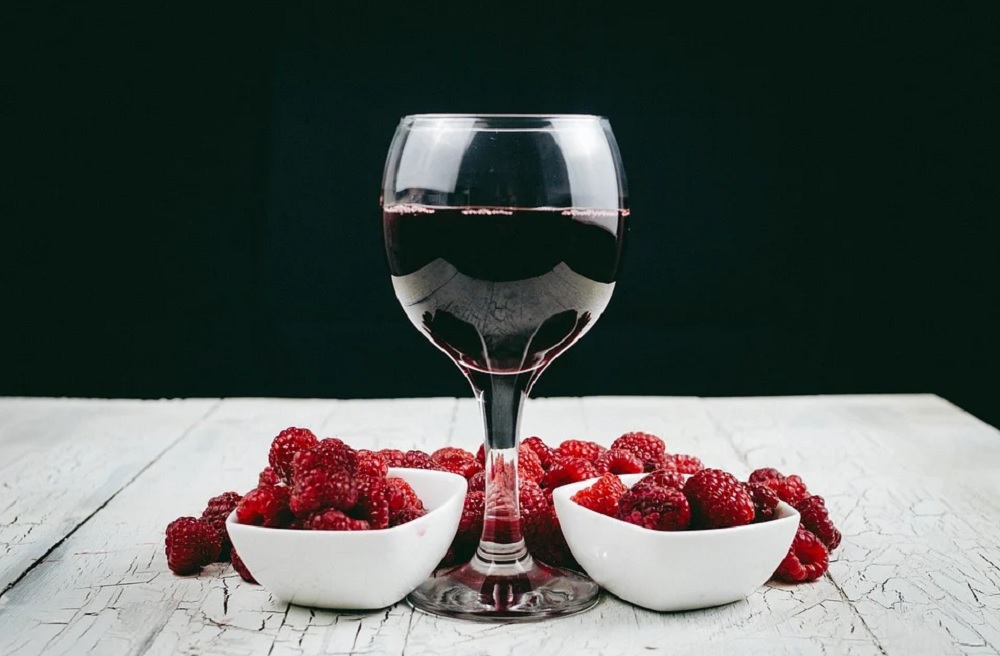
Grape juice contains higher levels of essential vitamins such as vitamin C and B-group vitamins than red wine. These vitamins are crucial for maintaining proper immune function, promoting healthy skin, and supporting cellular metabolism. In fact, a single glass of grape juice can provide up to 100% of your daily recommended intake of vitamin C. Additionally, grape juice also contains high amounts of antioxidants that protect our cells from damage caused by harmful free radicals.
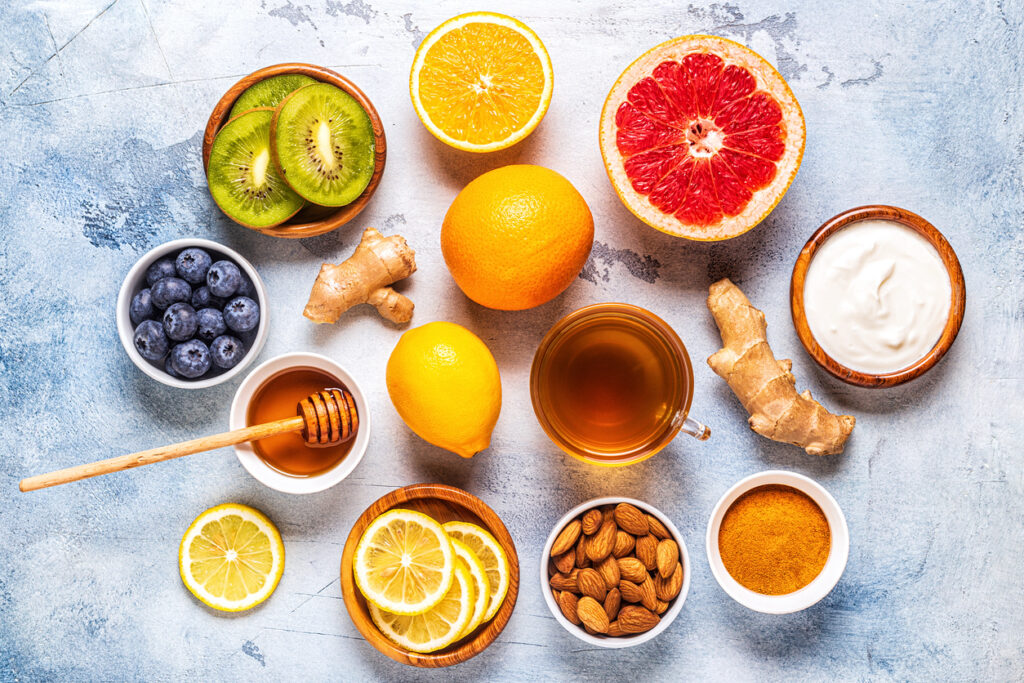
However, it’s worth noting that red wine does contain certain phytochemicals. These are not present in grape juice that provide unique health benefits. Red wine is rich in polyphenols like resveratrol which scientists link to reducing inflammation and preventing heart disease. Furthermore, research associates moderate consumption of red wine with a lower risk for certain types of cancer and improved cardiovascular health.

In conclusion, both red wine and grape juice have their own nutritional advantages due to their distinct processing methods. If you’re seeking higher vitamin content specifically then opt for grape juice. It provides more essential micronutrients like vitamin C and B-group vitamins compared to red wine.
Conclusion
In conclusion, the debate between red wine and grape juice ultimately comes down to personal preference and individual health factors. Both options offer unique benefits. Red wine provides potential cardiovascular advantages due to its alcohol content. Grape juice offers a rich source of antioxidants without the risks associated with alcohol consumption. Ultimately, it is important to consider moderation.
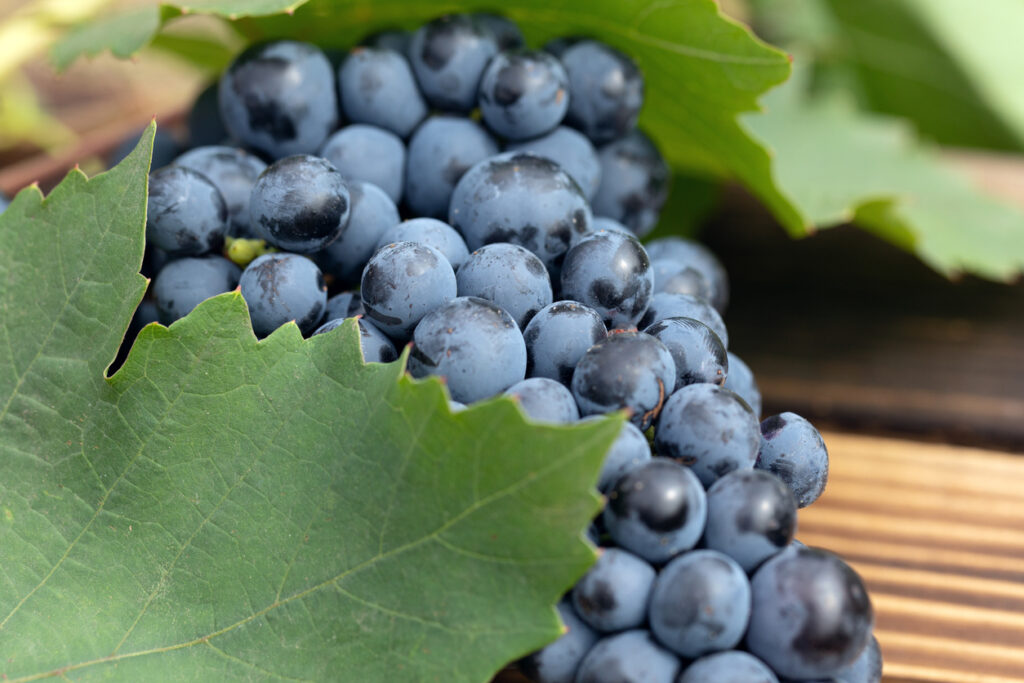
Consult with a healthcare professional before making any significant changes to your diet. Whether you choose red wine or grape juice, you can enjoy bothin moderation as part of a balanced lifestyle. So, next time you reach for a beverage, consider your own health needs and preferences before making a decision.

